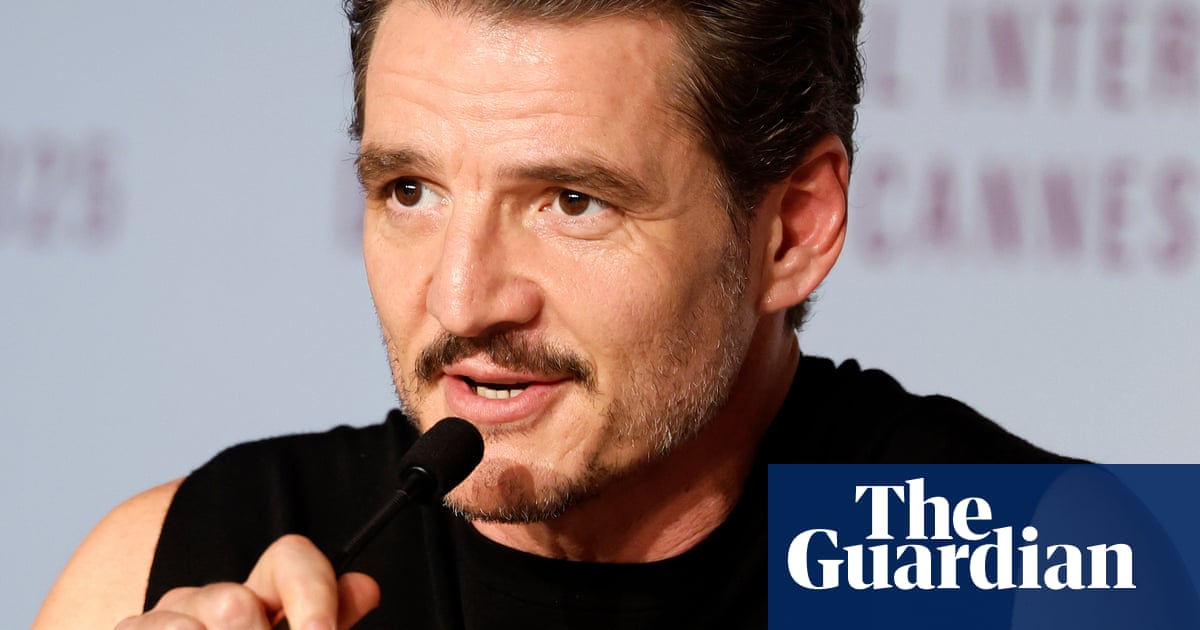Pedro Pascal has sharply criticised Donald Trump’s attacks against artists, as the director of a conspiracy theory satire starring the actor said he feared the political messages of films could be weaponised by US border guards.
“Fuck the people that try to make you scared,” the Game of Thrones andThe Last of Usactor said at a press conference at the Cannes film festival, promoting Ari Aster’s new filmEddington. “And fight back. And don’t let them win.”
He urged creatives to “keep telling the stories, keep expressing yourself and keep fighting for it”.
The comments came shortly after the US president used his Truth Social platform tocall singer Bruce Springsteena “pushy, obnoxious JERK” for criticising his leadership, and claim that Taylor Swift’s popularity had decreased since he announced his “hatred” for her.
“Obviously, it’s very scary for an actor participating in a movie to sort of speak to issues like this,” Pascal said when asked whether he feared that the US could completely close down to all forms of migration. “I want people to be safe and to be protected, and I want very much to live on the right [side] of history.”
“I’m an immigrant”, said Pascal, whose parents fled Pinochet-led Chile when he was nine months old. “We fled a dictatorship, and I was privileged enough to grow up in the US, after asylum in Denmark, and if it weren’t for that, I don’t know what would have happened to us. And so I stand by those needing protection, always.”
Pascal plays a small-town mayor in New Mexico alongside Joaquin Phoenix, Emma Stone and Austin Butler in the new film by Aster, the acclaimed director of “elevated horror” films Midsommar and Hereditary.
Asked whether he was concerned that the political message of films could be used against cast members when they tried to re-enter the US, Aster said: “The truth is, I’m scared of everything. All the time. So, yeah. The tongue is sort of in the cheek in that answer, but it’s also true.”
Sign up toFilm Weekly
Take a front seat at the cinema with our weekly email filled with all the latest news and all the movie action that matters
after newsletter promotion
Set in the first summer of Covid-19 restrictions and Black Lives Matter protests, Eddington pits Pascal’s restrictions-advocating mayor Ted Garcia against Phoenix’s lockdown-sceptic sheriff Joe Cross.
“I wrote this film in a state of fear and anxiety about the world”, Aster said in Cannes. “I feel like over the last 20 years we’ve fallen into this age of hyperindividualism. The social force that used to be central in liberal mass democracies, which is an agreed-upon version of the world, that is gone now. And Covid felt like the moment where that link was finally cut for good.”
